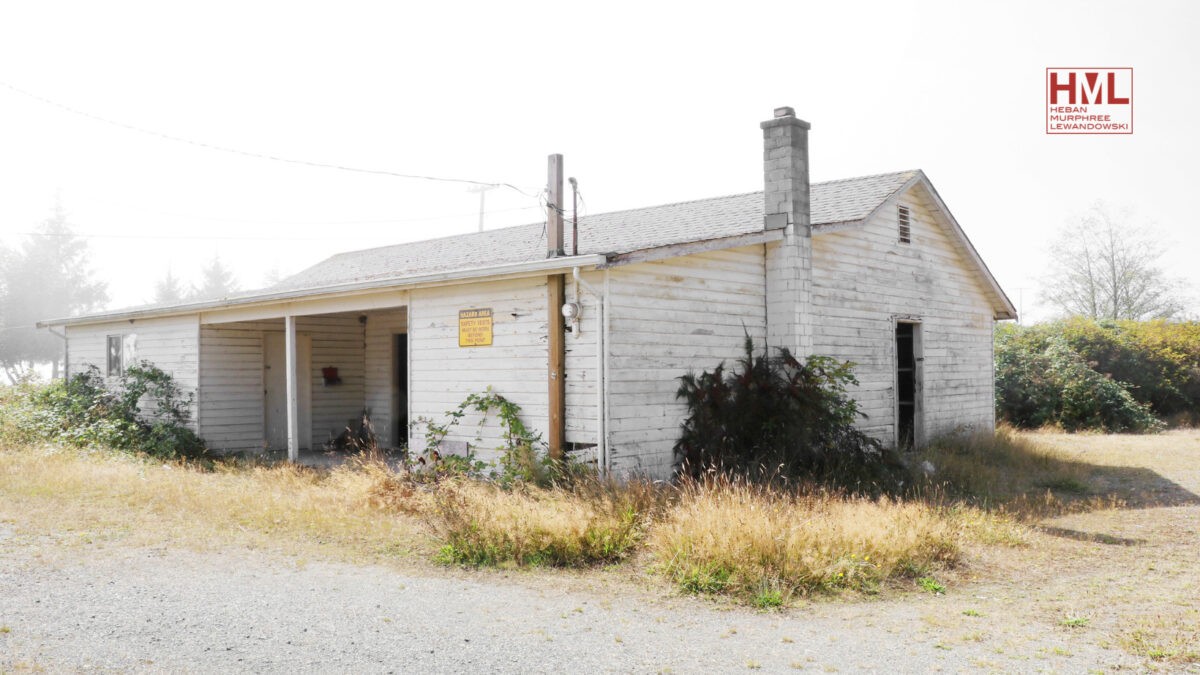- EXPERIENCED LAW FIRM IN TOLEDO, OH
- (419) 662-3100
Adverse Possession in Ohio

An Easy-to-Understand Guide to Digital Assets
November 22, 2024
2025 Strategies: Exemptions, Trusts, and Tax Planning
December 3, 2024Criteria and Legal Steps for Land Claims
The legal concepts of squatter’s rights and adverse possession can be both complex and unsettling for property owners.
In Ohio, these laws can allow someone to claim ownership of another person’s property under certain conditions.
What are Squatter’s Rights?
Squatters’ rights stem from the legal principle of adverse possession, which enables individuals to claim ownership of property they do not legally own if they meet strict criteria. This principle encourages efficient land use and resolves disputes over unused or neglected property.
A squatter occupies land or buildings without legal permission or lease agreements. Over time, if they meet specific conditions, such as continuous occupation and making their presence obvious to the public, they may be able to assert ownership. However, this process involves stringent legal requirements and a formal court ruling.
Squatters vs. Trespassers
Squatting and trespassing are often confused, but they are legally distinct, with significant differences in how they are addressed. Trespassing is a criminal offense involving unauthorized entry or presence on someone else’s property, typically leading to immediate law enforcement involvement.
Squatting, however, is a civil matter that occurs when someone occupies unoccupied or abandoned property. A squatter only becomes a trespasser if the property owner explicitly denies them permission to remain.
Key distinctions between squatting and trespassing include:
- Trespassing: A criminal act of unlawfully entering or staying on property without permission, handled as a legal violation through law enforcement.
- Squatting: A civil issue where someone occupies property without permission, potentially leading to legal claims like adverse possession if not promptly addressed by the owner.
- Main Difference: If the property owner does not take timely action, squatters can gain certain legal protections, while trespassers face immediate criminal penalties.
Holdover Tenants
Holdover tenants present another scenario where property rights can become unclear. These individuals initially have a legal agreement with the landlord but remain on the property after the lease expires.
In Ohio, a holdover tenant who pays rent and has the landlord’s approval becomes a “tenant at will,” meaning they can remain without a formal lease. However, they are considered trespassers if they stay without the landlord’s permission and refuse to leave. This scenario requires legal action to remove the tenant while safeguarding the landlord’s property rights.
How Squatters Can Legally Claim Property
If a squatter satisfies all the requirements for adverse possession, they must take legal steps to formalize their claim. The process begins with filing a lawsuit, known as a quiet title action, to request the court recognize their ownership.
During the legal proceedings, the squatter must provide evidence such as maintenance records, proof of continuous occupation, and other documentation demonstrating their claim. Ultimately, the court decides whether to grant legal ownership based on the presented evidence and adherence to Ohio’s adverse possession laws.
Adverse Possession in Ohio
Ohio law outlines five essential conditions for a squatter to claim adverse possession. These include:
- Exclusive Possession: The squatter must be the sole occupant, excluding the legal owner.
- Hostile Possession: The squatter’s use of the property must be without permission and contrary to the owner’s interests.
- Continuous Possession: The squatter must occupy the property uninterrupted for at least 21 years.
- Open and Notorious Possession: The squatter’s presence must be obvious and not concealed, allowing the owner to recognize their occupation.
- Actual Possession: The squatter must actively use the property as their own, including making improvements or maintaining it.
Preventing Adverse Possession Claims
Property owners can proactively safeguard their land and prevent adverse possession claims. Maintaining regular oversight of your property is essential, especially for unoccupied or vacant land. Clearly marking boundaries with fences or signage helps establish ownership and deters unauthorized occupation.
Another effective strategy is to conduct periodic property inspections to ensure no signs of unauthorized use are present. If trespassers or squatters are discovered, property owners should act promptly by issuing formal notices and, if necessary, pursuing legal eviction to prevent long-term occupation.
Addressing Squatters and the Eviction Process
Removing squatters involves following Ohio’s legal eviction process, which ensures compliance with state laws while protecting the property owner’s rights. The first step is to issue a formal notice to vacate, allowing the squatters to leave voluntarily. If they fail to comply, the property owner can file an eviction lawsuit with the court.
Once the lawsuit is filed, a hearing is scheduled where the property owner can present evidence of their ownership and the unauthorized occupation. If the court rules in favor of the owner, a writ of possession is issued, enabling law enforcement to remove the squatters. Following the correct legal procedure is crucial to avoid complications or delays in regaining property control.
Property Surveys and Legal Titles
Accurately documenting property boundaries is essential to preventing disputes and protecting ownership rights. Professional surveys help clarify property lines and identify potential encroachments that might lead to adverse possession claims.
Keeping your legal titles clear and up-to-date is equally important, as it provides a solid foundation for defending your property rights if issues arise. Key steps include:
- Professional Property Surveys: Clear boundaries to avoid encroachments and disputes.
- Up-to-Date Legal Titles: Maintain accurate records of ownership to strengthen your legal standing in court.
- Proactive Oversight: Regularly review property documentation to address potential issues before they escalate.
Need Legal Help?
You can protect your investments and prevent long-term disputes by taking proactive steps, addressing issues promptly, and staying informed about property laws. At HML Law, our experienced property attorneys are here to provide personalized advice and guide you through any squatter-related challenges.
Contact us to discuss how we can help safeguard your property and protect your rights.









